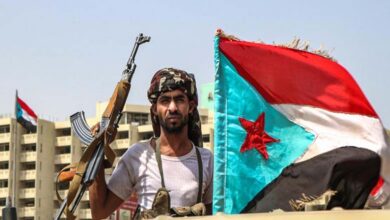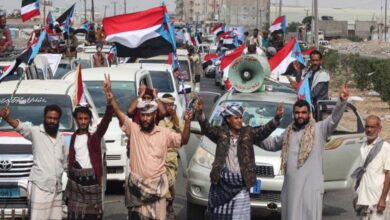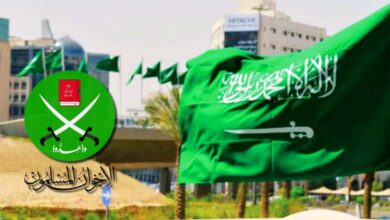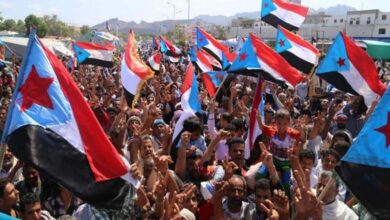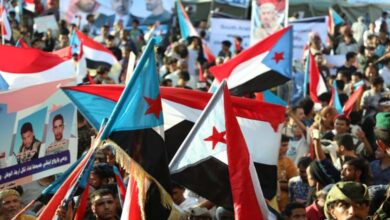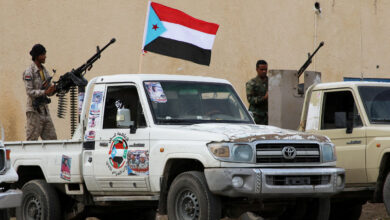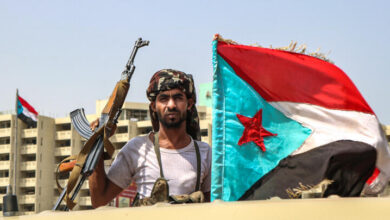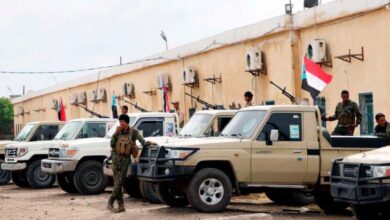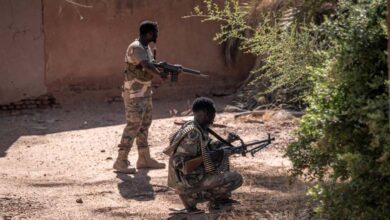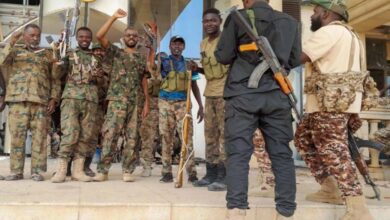Yemen – Berlin urge to designate the Houthi militia as a foreign terrorist organization

An international conference held in Berlin on Wednesday discussed ways to confront the Houthi group and put an end to its human rights violations.
The Diplomatic Institute in Berlin, in cooperation with the European Organization for Intercultural Dialog in Berlin, organized the conference under the theme “Legal, political and economic dimensions of extremism and terrorism in the Middle East and implications for regional and global peace and security”.
The conference provided a platform for many experts and stakeholders to highlight the internal dynamics and political and regional ambitions of the Houthi terrorist militias, and to stimulate discussions about the interests and responsibilities of international actors fighting these militias.
The conference also stressed the importance of international efforts and co-operation to address violations of international law and human rights committed by Houthi militias, and to support development and restore stability and peace in Yemen, according to the final statement.
The conference focused on “confronting the Houthi militias.. The interests and responsibilities of international actors”.
In the presence of experts and members of the German parliament, the conference discussed the threat of Houthi militias to the security of the region and the targeting of civilians, stressing that the militias have become a clear threat to the security of the Middle East and European interests in the region.
The conference also discussed continued foreign intervention in Yemen in support of the Houthis and the militias’ obstruction of international efforts to reach a political solution to the Yemeni crisis.
In addition, the conference focused on the Houthi militias’ refusal to cooperate with the UN envoy to Yemen to reach a solution to the Yemeni crisis, and the unfeasibility of giving militias an incentive to engage in a political process, and the importance of military, political, and economic pressure on them.
Also in relation to the Red Sea, the conference discussed the threat of Houthi militias to the international shipping line and commercial vessels in the Red Sea.
“The Houthis invaded Yemen’s democracy by imposing their ideology, taking over the state, and militarizing the country”, said Ibrahim Jalal, a Yemen expert and researcher at the Middle East Institute. They have taken control of education and are studying their beliefs.
He continued: “International actors should use targeted tools and sanctions to end Houthi funding, open dialog, and listen to Yemenis”.
Dr. Hans-Jakob Schindler, director of Germany’s first anti-extremism program, said during the conference, “The Houthis are supported by foreign entities such as Iran and Hezbollah, and they have established regional smuggling networks from Yemen on the international shipping route”.
He continued: “Yemen is now a testing ground for Iranian and Hezbollah weapons, raising the question of the Houthis’ willingness to act under Iranian orders in light of the recent escalation between Israel and Iran”.
German MP Frank Müller-Rosentritt said during the conference that the Houthi militias had established a police state and that freedom of expression and assembly were not allowed in areas under the control of the movement.
He continued: “The German government should have officially classified the Houthis as a terrorist group, in order to counter instability and insecurity in Yemen”.
Since 2015, Houthi militias have threatened international shipping by indiscriminately deploying mines and booby-trapped boats in the Red Sea, firing rockets from nearby coastlines, enlisting children in military action, and committing systematic human rights violations.


